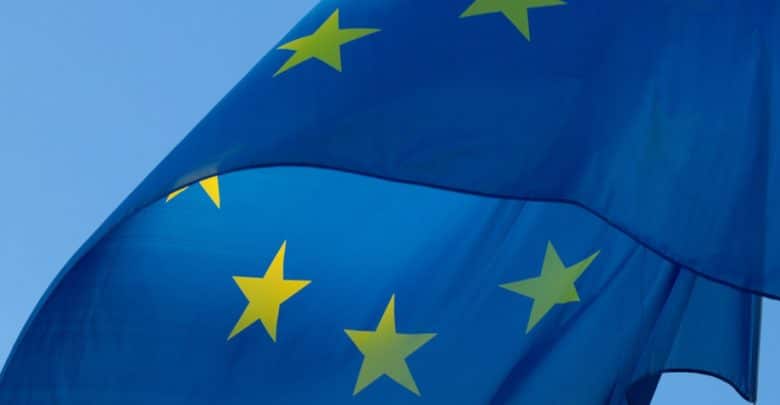
The copyright reform, which is controversial in politics, the economy and above all among the population of the European Union (EU), has taken a further step. A vote by member states yesterday (Wednesday) on the compromise proposal recently drafted by the European Parliament reached a clear majority of yes votes. Of the 28 member states, 21 voted to implement the copyright reform, including Germany. Belgium and Slovenia abstained and only Italy, Finland, the Netherlands, Poland and Luxembourg voted against the copyright reform.
Violation of Coalition Agreement
Federal Justice Minister Katarina Barley (SPD), who had tried to convince the Chancellor’s Office and the Ministry of Economics to vote against the introduction of upload filters, failed despite numerous supporters. Opponents of the upload filter submitted a petition to Barley before Monday’s vote, signed by some 4.7 million people. However, the Federal Government and above all the Chancellor could not be dissuaded from voting for their decision in favour of upload filters.
https://twitter.com/woelken/status/1098178556893560833
Especially the “yes” vote from Germany has to be evaluated critically, as the grand coalition consisting of the Union and the SPD in its Coalition Agreement (PDF) has held against the introduction of upload filters within the EU vote.
“We reject as disproportionate any obligation on platforms to use upload filters to ‘filter’ content uploaded by users for copyright infringing content.” Coalition agreement Union / SPD
More Obligations for Platform Operators
The upload filter described in Article 13 (PDF) provides an ancillary copyright for publishers that forces platform operators to introduce significantly better copyright protection. To prevent copyright infringement by user-generated content, platforms must either purchase paid licenses or implement automatic upload filters that automatically delete content before it is published.
Critics of the copyright reform see the upload filter as a censorship machine because they fear that the decisions automatically made by software cannot distinguish between illegal uploads and legal content such as quotations and cartoons, and that permitted content will therefore also be deleted by platform operators for fear of fines.
Protests on March 23
The final decision on the introduction of copyright in its present form still has to be approved by a vote of the EU Parliament. Opponents of the reform are therefore calling for EU-wide protests to take place on 23 March to change the politicians’ minds and thus prevent the restriction of freedom of expression feared by civil rights activists through the automatic censorship of content.



